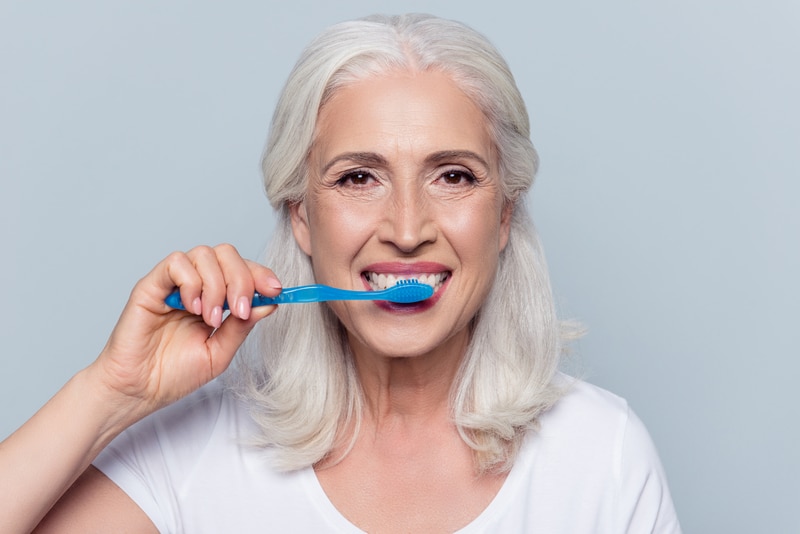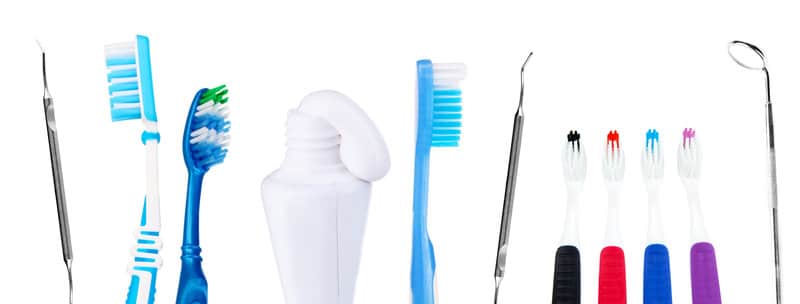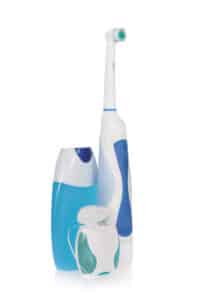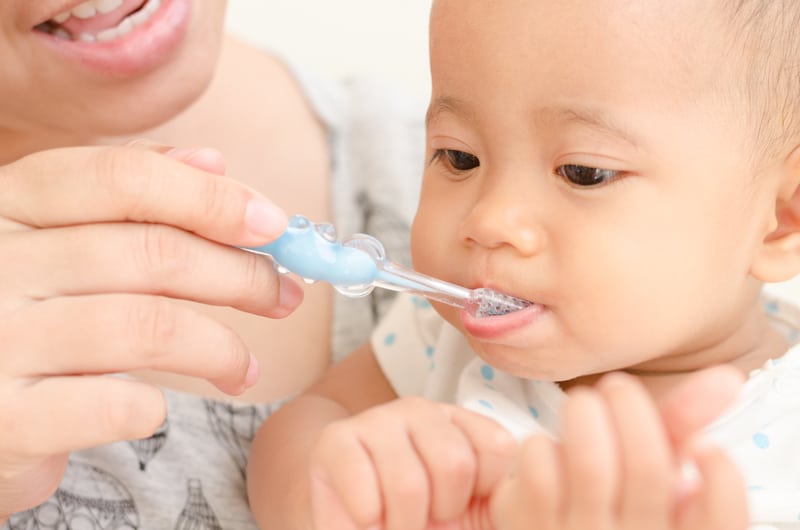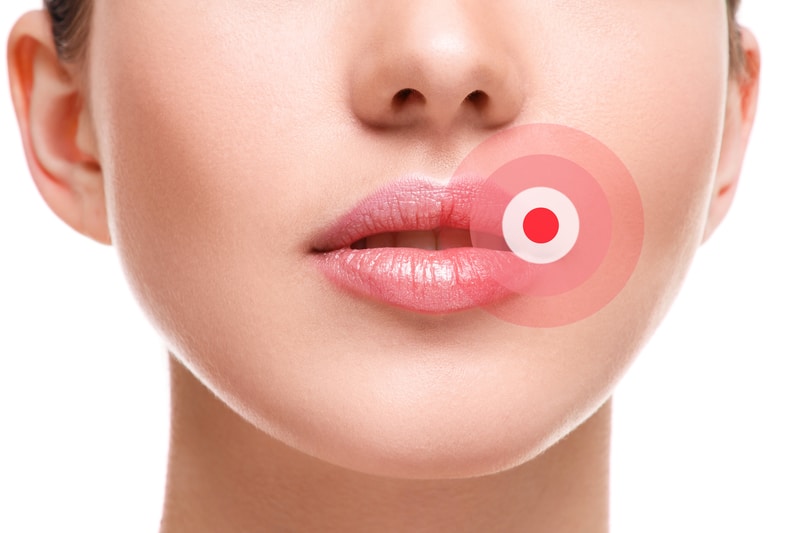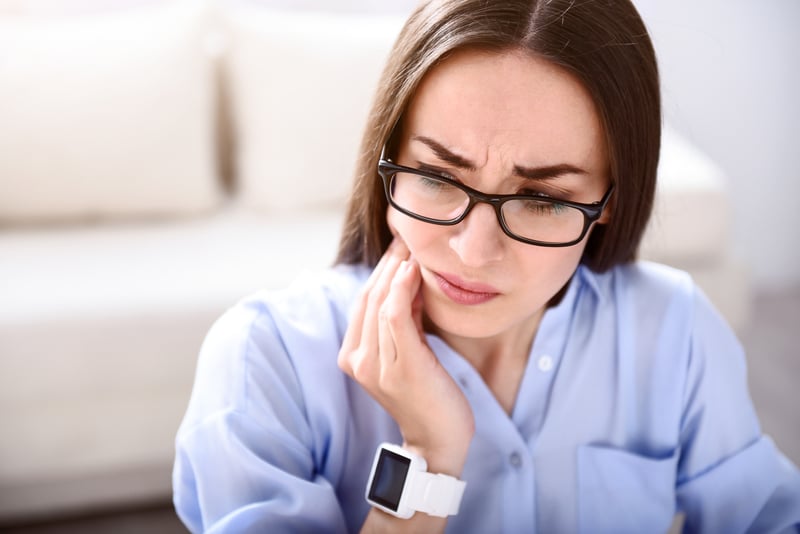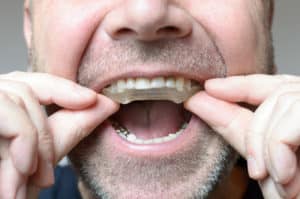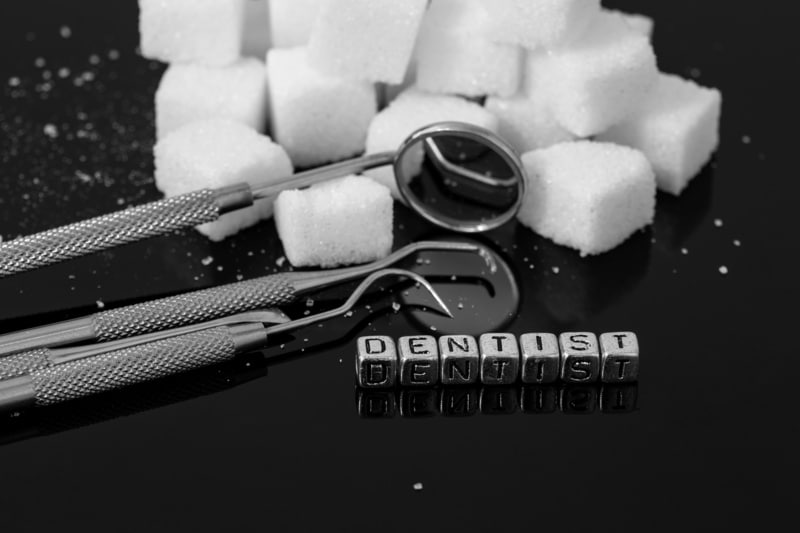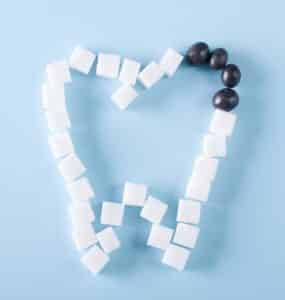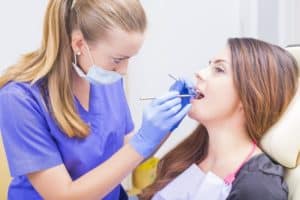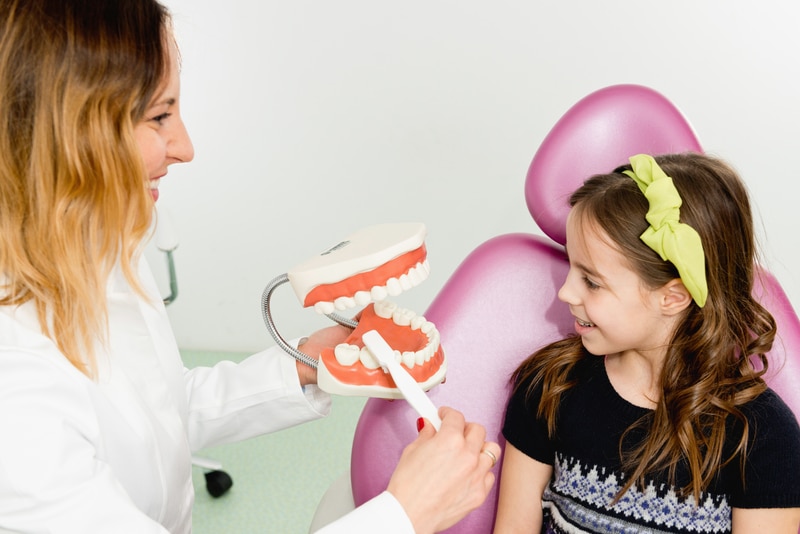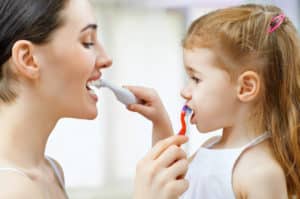Improve Your Smile with Cosmetic Bonding

Do you find that your smile is good, but not exactly great? There are many people that have great smiles, but ones that could use a bit of work. You don’t want to get extensive work done if you don’t need it, but you do want to get a better smile somehow. You can do this through cosmetic bonding! This is a service that can perfect a smile that only needs minor corrections. Cosmetic bonding can help fill dental cavities, improve stained teeth, repair chips and cracks, and more. Find out what cosmetic bonding can do for your smile and how to get started with your appointment today!
Improving Your Smile
Many people feel the desire to improve themselves in some way. It’s normal to want to be your best and to look your best. Unfortunately, how you look says a lot about how people perceive you. The parts of you that people notice first are your eyes and especially your smile. Some think, “is getting a better smile worth it?” Many studies have conducted research to find the answer to this question, and the answer is clear: improving your smile is definitely worth it.
Invisalign conducted one such study about appearance, confidence and your smile. Those who chose to receive dental services to get a more beautiful smile were perceived as being much more confident. Patients themselves often felt more confident with better smiles, and did everything with more confidence. Those with better smiles are are perceived as being happier, healthier, and even more trustworthy. When it came to employers, a potential employer was more likely to take an applicant that had a beautiful smile over one that didn’t. When it comes to improving your smile, it’s worth the small amount of time and money it takes to make the effort!
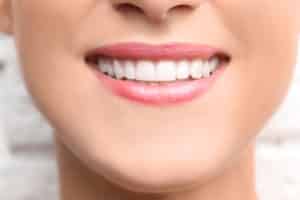
Alternatives for a Better Smile
There are various ways to go about getting a better smile through dental services. Some of those options include:
- Porcelain Veneers: Many people want a perfect, white smile. However, most people have various colors of teeth and different sizes. Porcelain veneers are thin, porcelain shells that we place over your existing teeth that can make your smile even, straight, white and beautiful. This can be done in just 2 office visits.
- Orthodontics: You can get a better smile through various orthodontic options. For teens and adults, your best option may be Invisalign transparent aligners. These are clear aligner retainers you change out every week. Slowly, your smile will become straighter and healthier.
- Tooth-Colored Fillings: In the past, patients received metal fillings that contrasted with the white parts of your teeth. Now, most dental offices remove your tooth decay and fill the space with tooth-colored filling material.
- Dental Cleanings: The best way to have a better smile is through keeping it clean and healthy. Not only should you brush and floss your teeth several times a day, but you should also receive biannual cleanings from your dentist. This can help keep your smile healthy and beautiful throughout life.
- Dental Implants: The name says it all for this option. If you are missing a tooth, you don’t have to have a hole your smile! You can have a new, durable tooth custom-made to fit your mouth. You can receive a dental implant anywhere a tooth is missing, or a dental bridge if several teeth are missing in a row.
- Cosmetic Bonding: This is a cosmetic dentistry option that can repair imperfections in your teeth without any extensive dental procedure.
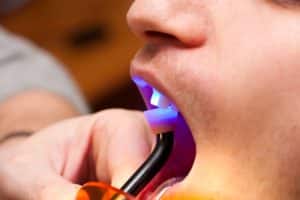
Cosmetic Bonding
This is the option we want to focus on, and is one that is very affordable for all patients. If you have a smile that is great, but just has a few imperfections here and there, you should consider receiving cosmetic bonding. Cosmetic bonding is one of the least expensive dental services you can get if you are looking to improve the appearance of your teeth. Most people don’t need to get veneers or extensive work done to have a beautiful smile. They may only need a small chip repaired or a tooth lengthened somewhat to fit in with the rest of the teeth. You want to use cosmetic bonding in those situations.
Bonding is the process of joining two things. In this case, we join a material to your teeth to improve the aesthetics of your smile. If you have a chip on a front tooth, we create a resin material that’s similar to putty and that blends into your natural tooth shade. We mold it to the area of your tooth missing so your tooth looks complete, and then we harden the cosmetic bonding substance. We can do this to:
- Repair chipped or cracked teeth
- Lengthen your teeth or improve your teeth shape
- Close gaps between the teeth
- Repair decayed teeth
- Make teeth more even
- Cover up discolored parts of your teeth
Improve Your Smile On a Dime
Getting a better smile doesn’t have to mean breaking the bank to do it. Cosmetic bonding rarely (if ever) involves dental anesthesia and only takes a few minutes. You can come into our office with a few imperfections and leave feeling like a completely new person. If you want to fix that small chip, gap or other tooth imperfection, give Dr. Ania’s office a call at 303-443-0998!


